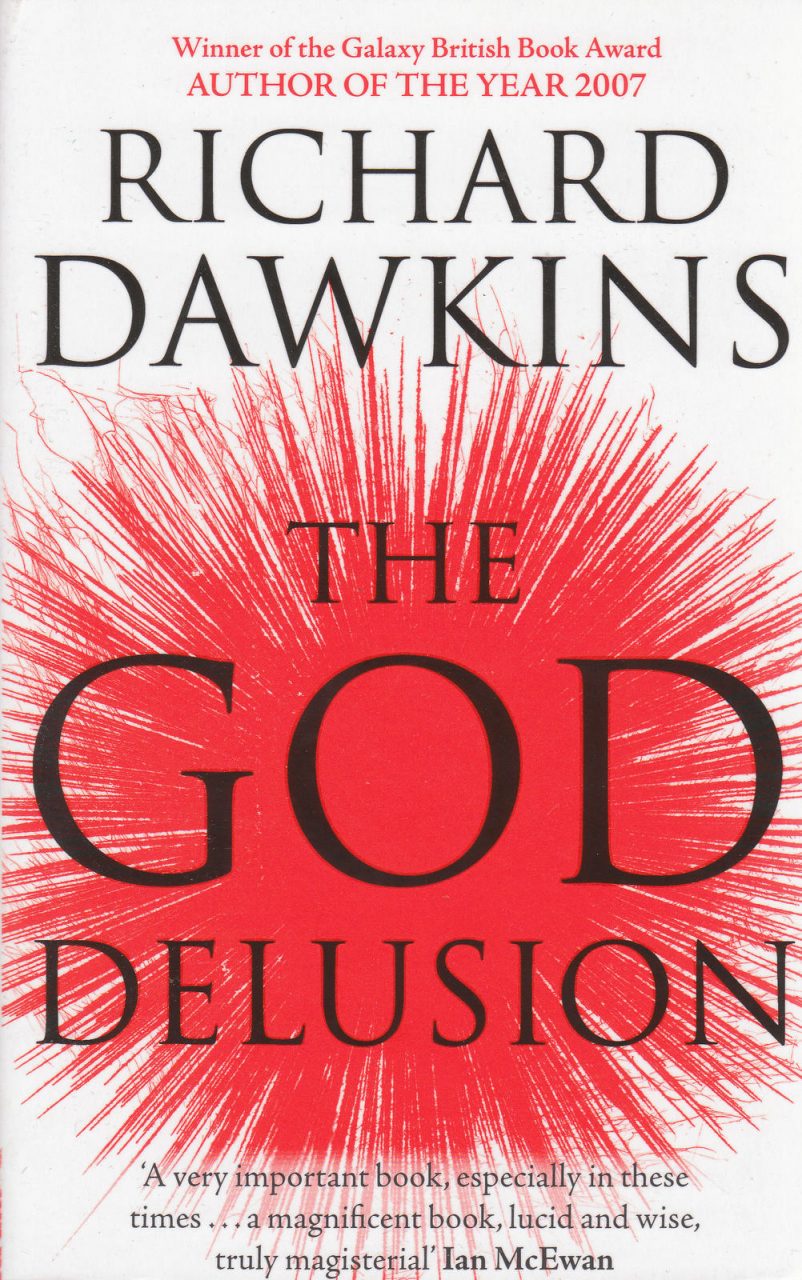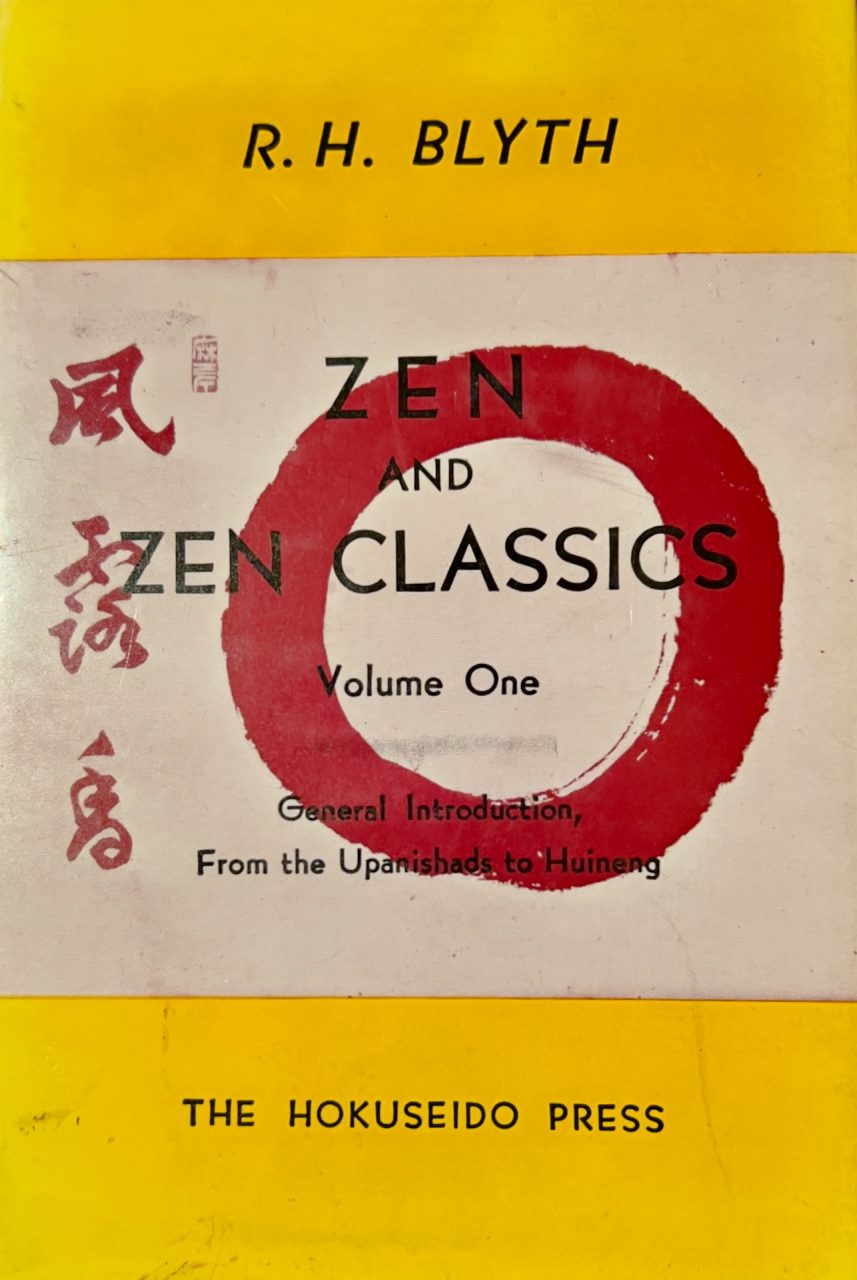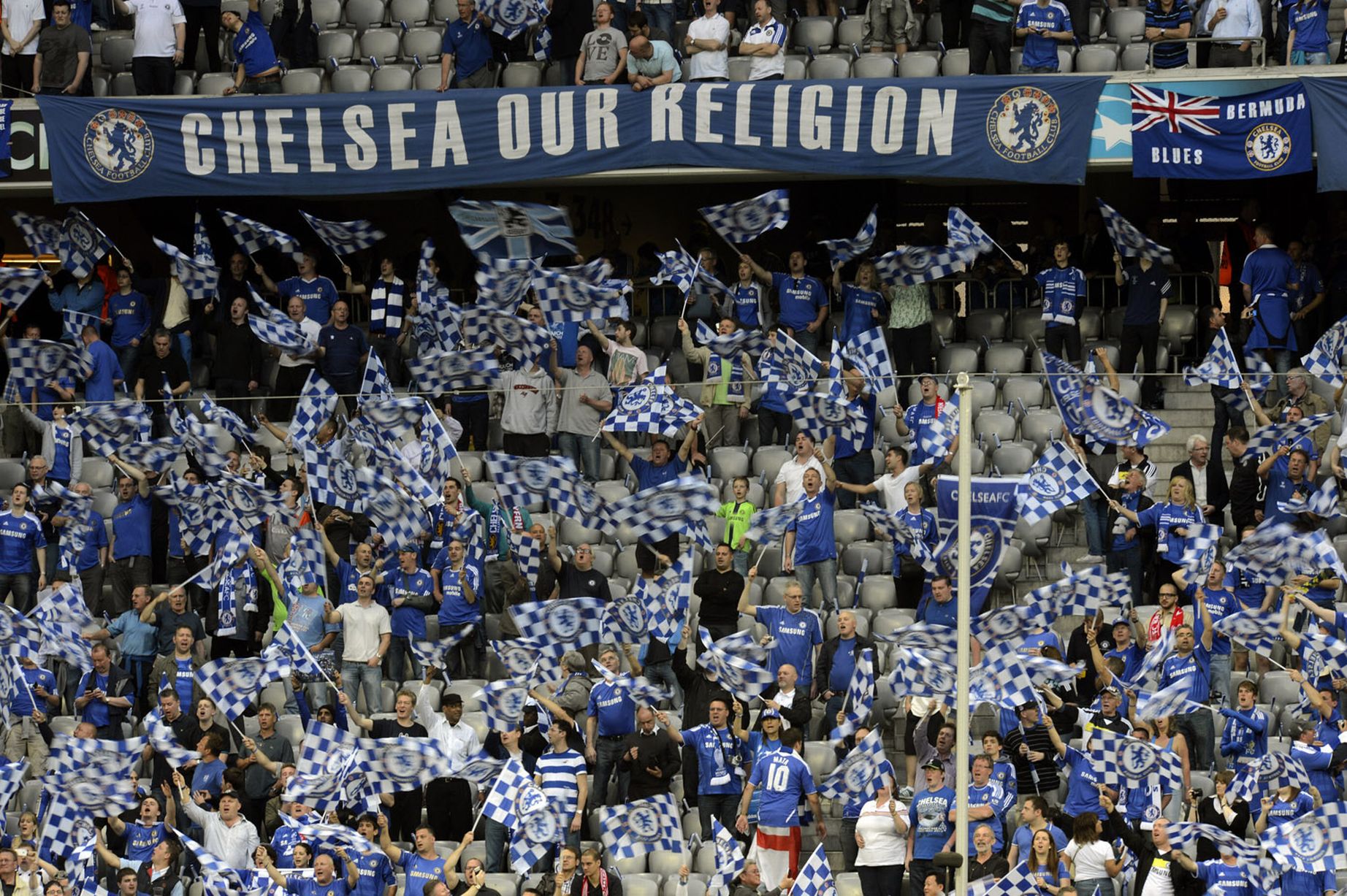I don’t think the word “belief” means anything.
It’s a hovering wobbly, jelly phrase meaning something like:
“I’ve decided to think something’s true because I wish it were true.”
Different Every Time, 2014 – Robert Wyatt

My problems with belief started when I was 8 or 9 at Junior school. We had an excellent form teacher, Miss Laister, whom I trusted and understood. However, one sunny day we had a discussion about Christianity, and we were asked if we believed in Jesus Christ. I wasn’t sure, but he seemed to be popular, kind and interesting, so I was prepared to give him the benefit of the doubt. I felt a bit too young to give a definitive answer and maybe expressed some reservations. It was then that the bombshell in my mind exploded, since Miss Laister kindly told us that it wasn’t a question of supposition, logic, science, history or anything else, simply one of faith. You just had to believe, all your problems and worries would be solved, it was that simple. That was it, there was no other choice. This immediately appeared antithetical to everything I had been taught. Even then, to make this exception for Jesus and no-one else seemed unfair, I would have to investigate further. I was already aware other religions existed, and that for instance Jewish people did not have to attend religious assembly or recite The Lord’s Prayer, so what happened to them at the pearly gates?
Like many of my peers I attended Sunday School, basically biblical study, and engaged with the many fascinating stories. I got hold of a St. James Bible and determined to read it cover to cover, but failed to get much past Genesis, it was not an easy read. Later I was awarded a beautiful red leather bound version of the New Testament, this was bit easier, and I proudly took it along to my Sunday School. From my limited studies I was already not prepared to accept the Bible as the infallible word of God, since I was aware of the many inconsistencies, plain cruelty, changes of tone and competing gospels. Later, aged 11, I had a Christian fundamentalist classmate from Bahrain, who I used to tease with choice quotes from the Bible, asking if he believed in the contradictory and confusing verses I selected. I also vividly remember having an attack of the giggles, if not hysterics, when told the Fishers of Men story from the Gospel of Matthew. This did not go down well at Sunday School, but I would guess by this time I had already decided I would not be confirmed. That is I would not ask God’s Holy Spirit to give me the strength and commitment to live God’s way for the rest of my life. Most certainly I would not be living as a disciple of Christ in the Church of England. I have never regretted that decision. My position at the age of 14 or 15 is demonstrated by the moment when I called Jesus a bastard, not that I wanted to. My good Roman Catholic friend had somehow bet me that I wouldn’t say it before a graven image, yet I felt mentally obliged to follow through on my convictions and did so. I was of course being quite accurate (Joseph was not the father), but my friend believed I was going to hell in a handcart. Such is the power of indoctrination.
Well it was a long journey, via an interest in Western Buddhism during my 20’s, to finally arrive at my own version of agnosticism. Quit simply I agree with this statement: “I cannot know whether a deity exists or not, and neither can you”. Getting to this point may have taken some time, but it was certainly encouraged by one of the bravest books ever written, The God Delusion by Richard Dawkins, published 2006. It was as if I had waited nearly my whole life for someone to take on the exceptionalism granted to religion, this medieval way of thinking, and the lip service paid to plainly outdated ideas.
The whole point of religious faith, its strength and chief glory, is that it does not depend on rational justification. The rest of us are expected to defend our prejudices. But ask a religious person to justify their faith and you infringe ‘religious liberty’.
The God Delusion, 2006 – Richard Dawkins
The person who is certain, and who claims divine warrant for his certainty, belongs now to the infancy of our species.
God Is Not Great, 2007 – Christopher Hitchens
With or without religion, you would have good people doing good things and evil people doing evil things. But for good people to do evil things, that takes religion.
New York Times, 1999 – Steven Weinberg
Those who can make you believe absurdities can make you commit atrocities.
Questions sur les miracles, 1765 – Voltaire
Religion is regarded by the common people as true, by the wise as false, and by the rulers as useful.
The History of the Decline and Fall of the Roman Empire, 1788 – Edward Gibbon (from a quote by Lucius Seneca, 50AD)
The idea that any religious document is the “Holy Word of God”, as is claimed, can now be fully put to bed. Here is a brief resumé of what we now know regarding the great religious texts. The Bible as we know it was formulated in c.367AD during the councils of Hippo and Carthage, and excluded the Apocrypha. The Gospels were written forty to eighty years after the death of Jesus in Rome, they are pseudepigrapha, the claimed author is not the true author. This is the case for the majority of the Bible. None of the authors of the New Testament actually met Jesus. The Old Testament is part folklore and part mythologised Jewish history, formulated in 1400BC, centuries after the events portrayed. For example, there is no historical record of Israelis (Moses and the Exodus) in Egypt. Watch out for Pseudoarchaeology! The Koran has an even more confusing history since Mohammed was allegedly illiterate and it was dictated to him by the Angel Gabriel, this oral tradition only being written down many decades later. The Hadith, “the backbone” of Islamic civilization, was cobbled together from many contradictory oral sources, generations after Muhammad’s death. Strangely Islam posits that God is an Arab, as the Koran is always recited in Arabic, and hence a translation cannot be the “Word of God”. These are the western patriarchal religions for the last 2000 years: Judaism, Christianity and Islam. They come form the same Abrahamic root, use the same basic stories and, given their authorship, cannot possibly be the word of God. We should remember that these religions represent just a moment in our evolution, whose time has now passed. In the Eastern world it is somewhat more complicated since there is no specific word of God, but rather a series of myths, stories and philosophies of life. That is fine, but I was under the impression that myths are not meant to be factually true, so I don’t believe any of that either. The Bhagavad Gita may be a great book, but no-one claims it was written by God, thank heavens.
When you end up not believing in anything (don’t follow leaders…) life can take a strange, slightly dystopian angle, which was encouraged by science fiction in general and the band Joy Division in particular. Like John Lennon (cf. his song God) my I don’t believe list is long, including fairies, ghosts and UFO’s, although they can all make interesting stories. I am a believer in the French principle of laïcité, which separates church and state since the 1789 revolution (confirmed in 1905), and includes the Declaration of the Rights of Man and of the Citizen. This principle does include a right to the free exercise of religion. Still, we all need somewhere to place our own spiritual needs, and obviously the Church no longer managed to fulfil this role for me. I did manage to read a religious book, recommended by my Mother, written by our local C of E vicar. However I could only manage to do this by replacing the word God with the word Gaia (thank you James Lovelock), which seemed to work quite well. I took refuge in the work of Alan Watts, a former Anglican priest who became a Buddhist hippy, and the classic series Zen and Zen Classics (1960) by R.H. Blyth. Later still I spent 4 years doing Tai-chi, which fulfilled many of my spiritual needs, but it’s not a religion. We live in a spiritual desert, where can we put these feelings?
Science appears to hold the answers since it is an open system, constantly being revised. It is empirical, open to scrutiny and genuinely man-made, but is that enough? Certainly the classical religions no longer answer the fundamental questions that led to their creation, science has filled that vacuum. There are many wonders of evolution and nature, yet do they really fulfil our hidden desires for a transcendent belief system? Humans appear to have a millenarian death wish desire, we need to dream and confront an apocalypse, however illogical that may be. Every generation searches for a New Messiah, we all self-dramatise and seem to think we live in the end times, as if history never happened. No-one wants to die, feel their life is pointless, and traditional religion came along to solve that problem. Such is the power of wishful thinking – believe this (or that) and you can live forever in heaven! For a long time we were all a member of an eternity cult. In reality the hope, promise and drama of traditional religion is over, and we await the replacement with some agitation and trepidation. At least there are fewer pointless religious wars, there is no heaven and hell, blasphemy is over, while the churches are empty. And lo, let there be no more self-appointed divine agents, defenders of the faith, no more confession, transubstantiation or apostolic succession. In the meantime, we should all become Secular Buddhists, that is the best I can say.
Reality is that which, when you stop believing, does not go away.
Introduction, 1972 – Philip K. Dick / published 1985
References
https://en.wikipedia.org/wiki/Criticism_of_the_Bible
https://en.wikipedia.org/wiki/Criticism_of_the_Quran
https://en.wikipedia.org/wiki/Declaration_of_the_Rights_of_Man_and_of_the_Citizen
https://en.wikipedia.org/wiki/Secular_Buddhism
Update 30/08/23
The day after I published this article, this was the headline in The Times newspaper, saying only 24% of clergy would describe Britain as a Christian country today.
Update 08/10/24
Just read Rationality by Steven Pinker and I was glad to see he uses the Philip K. Dick quote about reality, referred to above. He makes a strong point about the difference between the mythology mindset and reason, and why we humans are both tempted and fascinated by the myth makers. The book is humorous and pointed, although sometimes repetitious, and there is a bit too much algebra for me. Still it is highly recommended and here is my favourite quote, of many:
Submitting all of one’s beliefs to the trials of reason and evidence is an unnatural skill, like literacy and numeracy, and must be instilled and cultivated.
Rationality, 2021 – Steven Pinker
†



